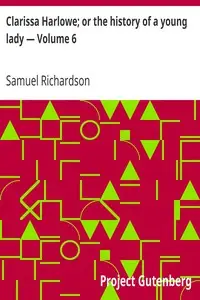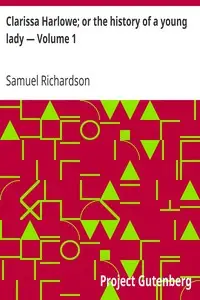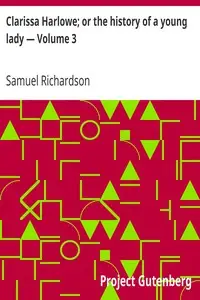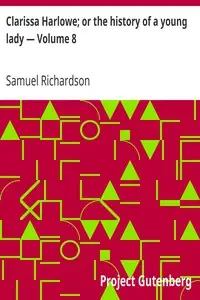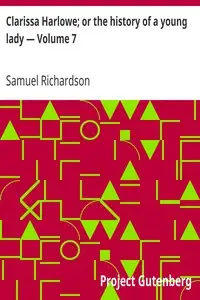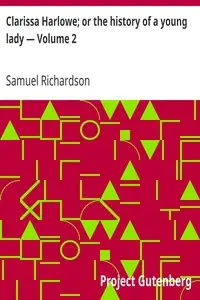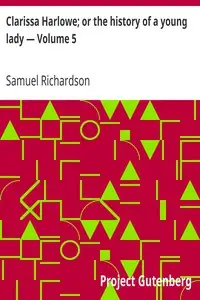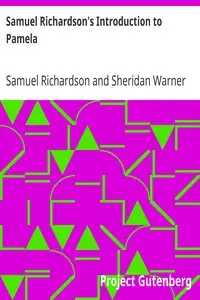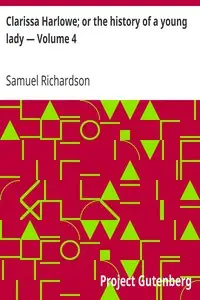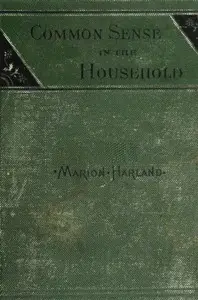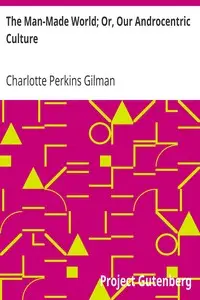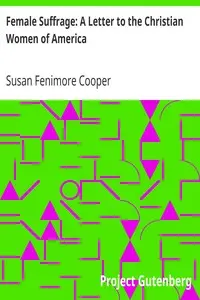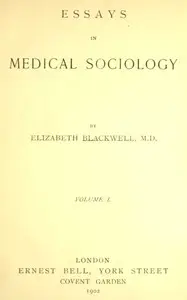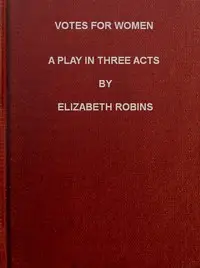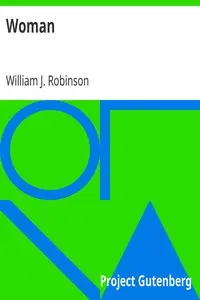"Clarissa Harlowe; or the history of a young lady — Volume 9" by Samuel Richardson continues the sorrowful story of Clarissa Harlowe, diving into virtue, ethics, and social battles, set against Clarissa's constant problems with her family and her feelings for Lovelace. The novel offers a touching examination of connections, understanding, and the societal demands put on women. The volume starts with a serious and thoughtful mood as Clarissa's health gets worse. Through letters, we see the feelings of important characters, like her cousin Belford and Colonel Morden, as they watch her last moments. Clarissa shares deep devotion and kindness, asking those around her not to be sad but to find comfort in her beliefs and acceptance of what's happening. Her actions show her good nature, with worries for those who have hurt her and a wish for her family to get along. As she gets ready for death, Clarissa thinks about understanding, love, and the hope for lasting happiness beyond her worldly troubles.
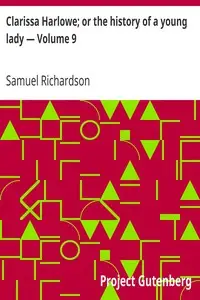
Clarissa Harlowe; or the history of a young lady — Volume 9
By Samuel Richardson
In a world of societal pressures, a woman's virtue is tested as she faces failing health, conflicted relationships, and the pursuit of forgiveness, all while her loved ones grapple with her impending fate.
Summary
About the AuthorSamuel Richardson was an English writer and printer known for three epistolary novels: Pamela; or, Virtue Rewarded (1740), Clarissa: Or the History of a Young Lady (1748) and The History of Sir Charles Grandison (1753). He printed almost 500 works, including journals and magazines, working periodically with the London bookseller Andrew Millar. Richardson had been apprenticed to a printer, whose daughter he eventually married. He lost her along with their six children, but remarried and had six more children, of whom four daughters reached adulthood, leaving no male heirs to continue the print shop. As it ran down, he wrote his first novel at the age of 51 and joined the admired writers of his day. Leading acquaintances included Samuel Johnson and Sarah Fielding, the physician and Behmenist George Cheyne, and the theologian and writer William Law, whose books he printed. At Law's request, Richardson printed some poems by John Byrom. In literature, he rivalled Henry Fielding; the two responded to each other's literary styles.
Samuel Richardson was an English writer and printer known for three epistolary novels: Pamela; or, Virtue Rewarded (1740), Clarissa: Or the History of a Young Lady (1748) and The History of Sir Charles Grandison (1753). He printed almost 500 works, including journals and magazines, working periodically with the London bookseller Andrew Millar. Richardson had been apprenticed to a printer, whose daughter he eventually married. He lost her along with their six children, but remarried and had six more children, of whom four daughters reached adulthood, leaving no male heirs to continue the print shop. As it ran down, he wrote his first novel at the age of 51 and joined the admired writers of his day. Leading acquaintances included Samuel Johnson and Sarah Fielding, the physician and Behmenist George Cheyne, and the theologian and writer William Law, whose books he printed. At Law's request, Richardson printed some poems by John Byrom. In literature, he rivalled Henry Fielding; the two responded to each other's literary styles.

